幼儿园|自然教育-让孩子回归大自然 We Love Nature
四时花开叶落,光影变幻消长,万物有灵且美。小到一片落叶的经脉纹理,大到山峦勾勒出的线条,大自然以其广博和深邃诠释着这个世界无限的美。
Some unseen fingers, like an idle breeze, are playing upon my heart the music of ripples.
我国著名的儿童教育家陈鹤琴先生曾说:“大自然、大社会,都是活教材”,“大自然、大社会都是儿童自己的世界,是儿童生活的环境”。因此,通过大自然、大社会而教、贴合儿童生活的教育才是最符合儿童身心发展特点的教育。
Mr. Chen Heqin, a famous children's educator in China, once said, ‘Nature and society are living materials for children’s development.’ ‘Nature and society belongs to our children.’ Therefore, education that is taught through nature and the society, which fits the lives of children is the education that best meets the characteristics of children's physical and mental development.
在厦门工学院附属学校幼儿园里,有一个特别的地方叫“花园农场”,孩子们都很喜欢这里。一年四季,只要你来到花园农场,就会发现孩子们种的各式各样的植物,水稻、生菜、丝瓜、含羞草、龙眼树......
In our kindergarten, there is a special place called the“Garden Farm”, which is children favourite. You can find a variety of plants, rice, lettuce, loofah, mimosa, longan trees...Children enjoy staying here for fun and also observation.
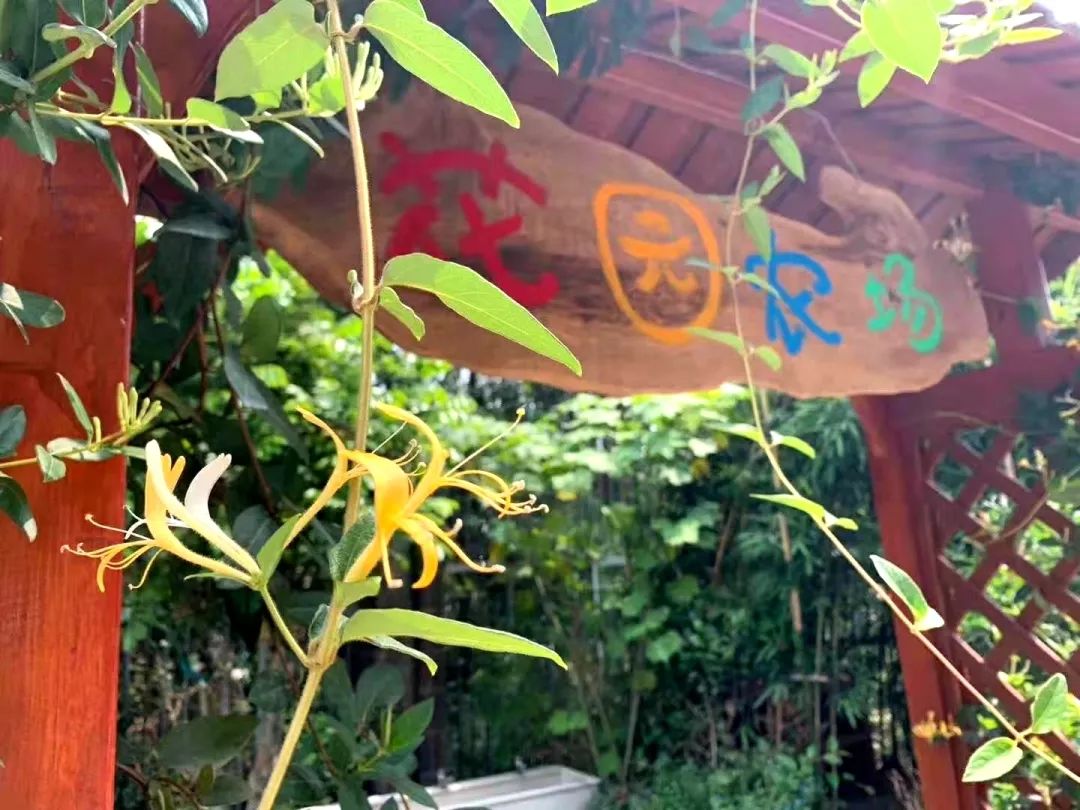
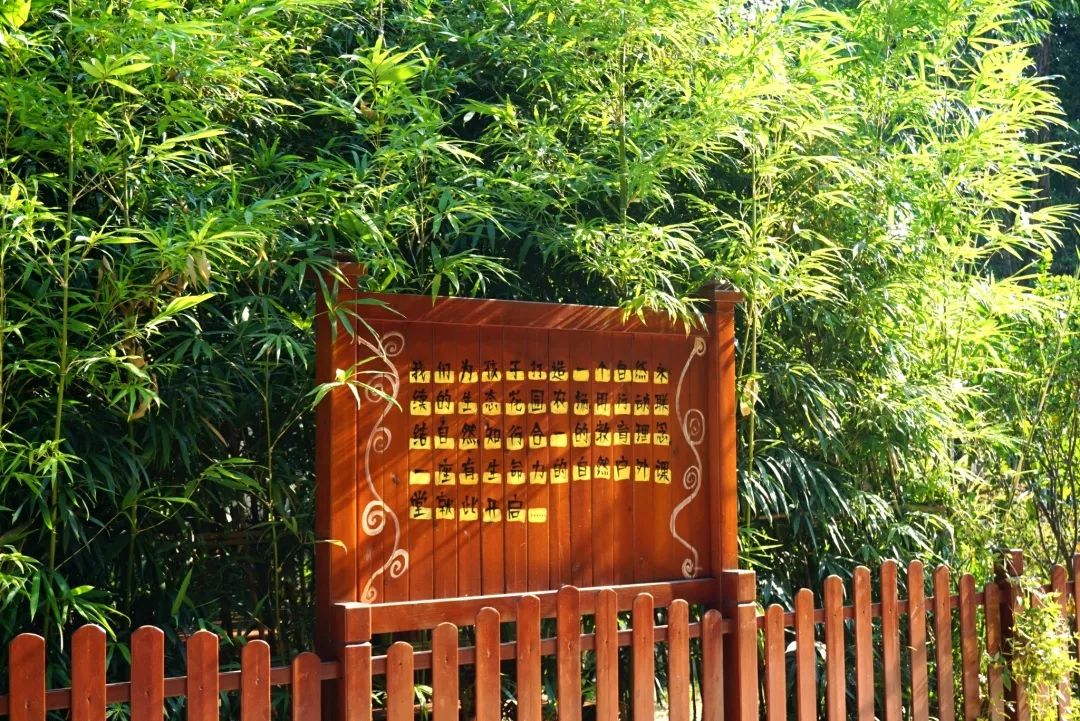
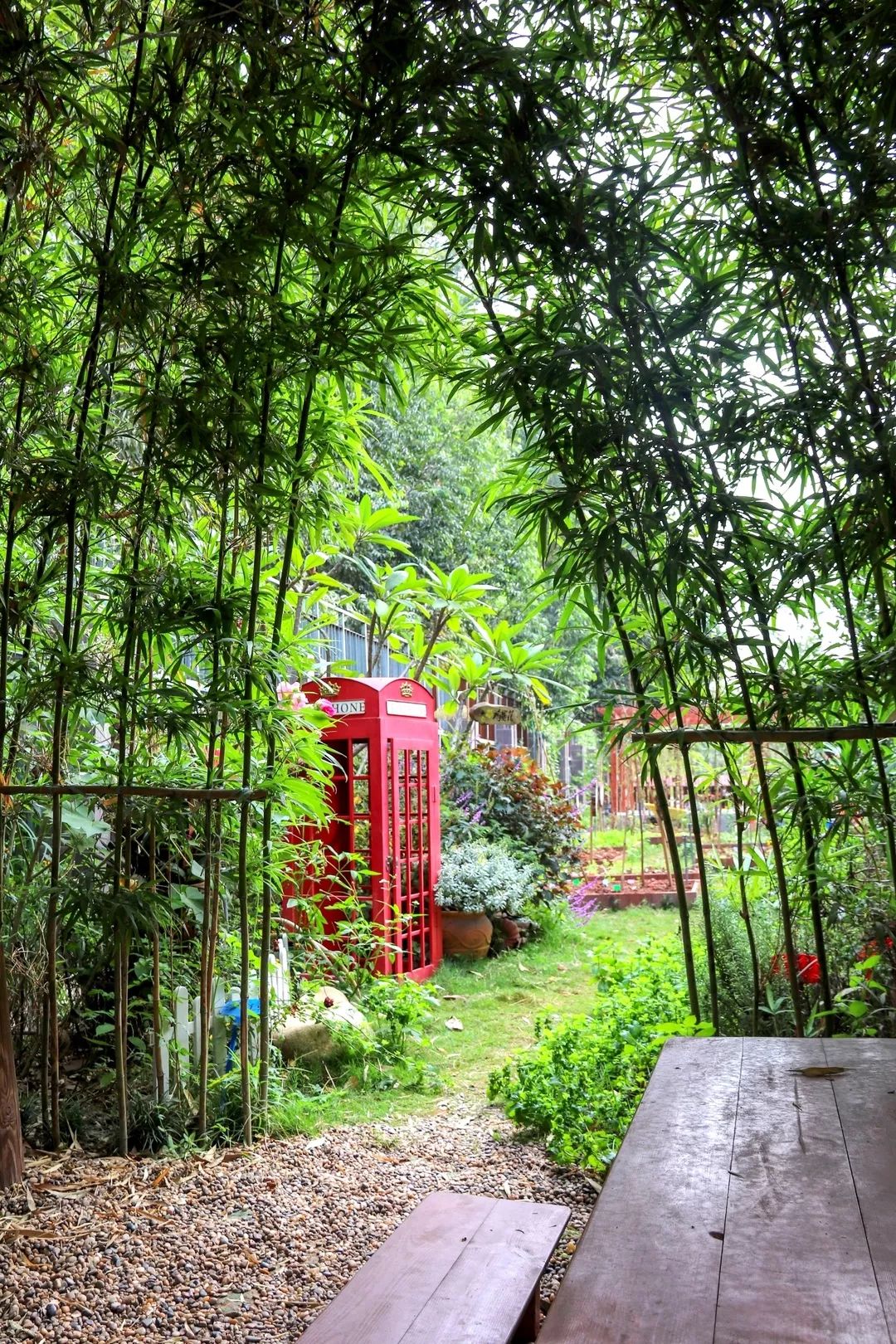
除了为孩子们特别打造的花园农场,老师们也用实际行动践行着“大自然、大社会,都是活教材”的教育理念。在自然教育过程中,我们始终遵循“5个E”:
Engage
Explore
Explain
Elaborate
Evaluate
Since this garden farms is specially built for the children, the teachers also practiced the educational philosophy of “Nature and Society” with practical actions. In the nature education process, we always follow the concept of “5 E”: Engage, Explore, Explain, Elaborate and Evaluate.
Engage 参与
走进自然,喜欢自然。孩子们可在草地和树林中漫游,观赏鸟儿和昆虫,研究植物和土壤,观察和崇拜花朵。
Walking into nature and children can feel the nature. Children can roam through the grass and woods, watch birds and insects, study plants and soil, observe and worship flowers~
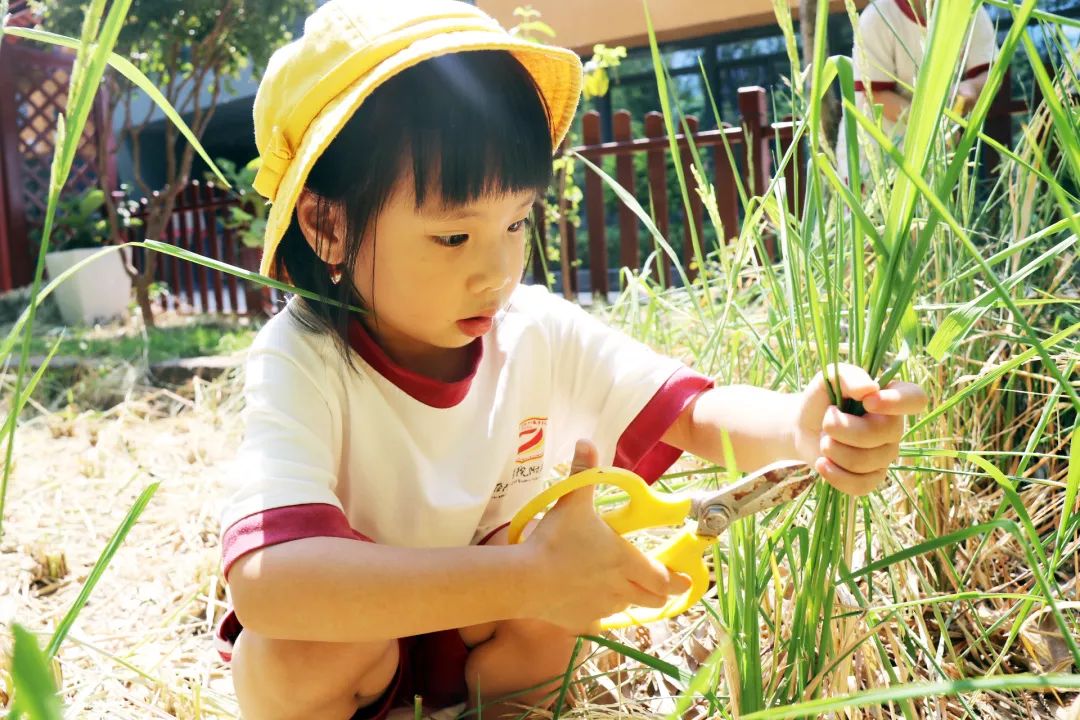
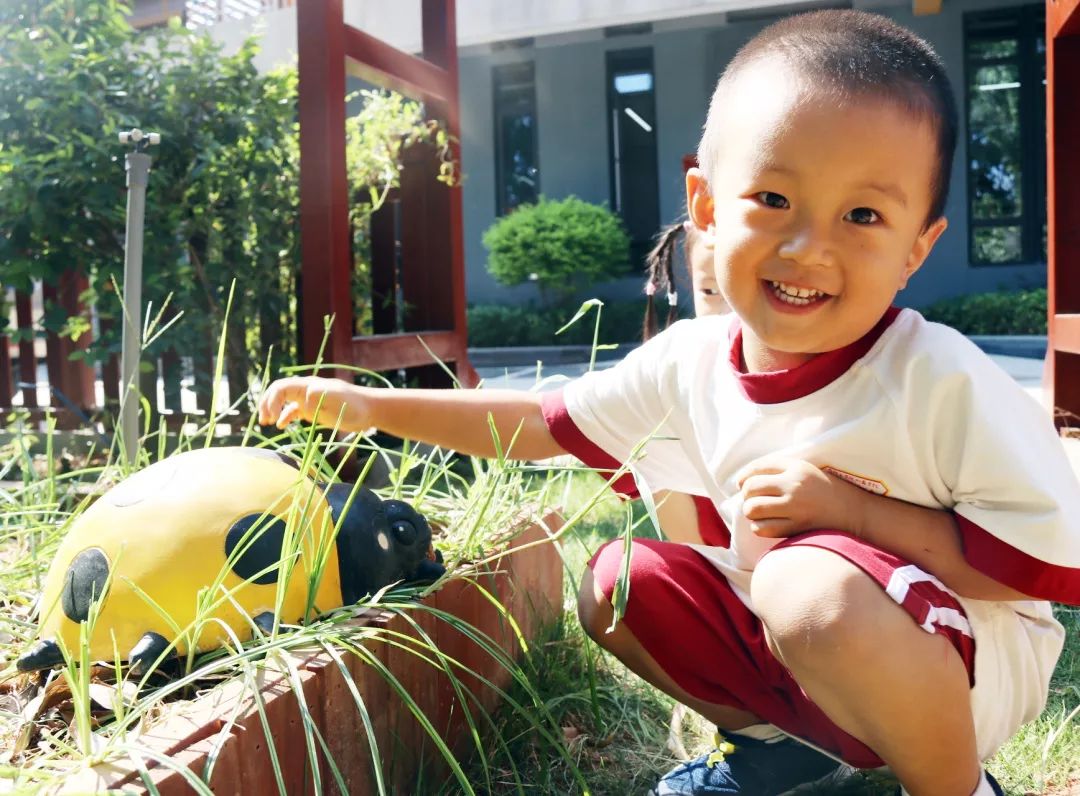
Explore 探索
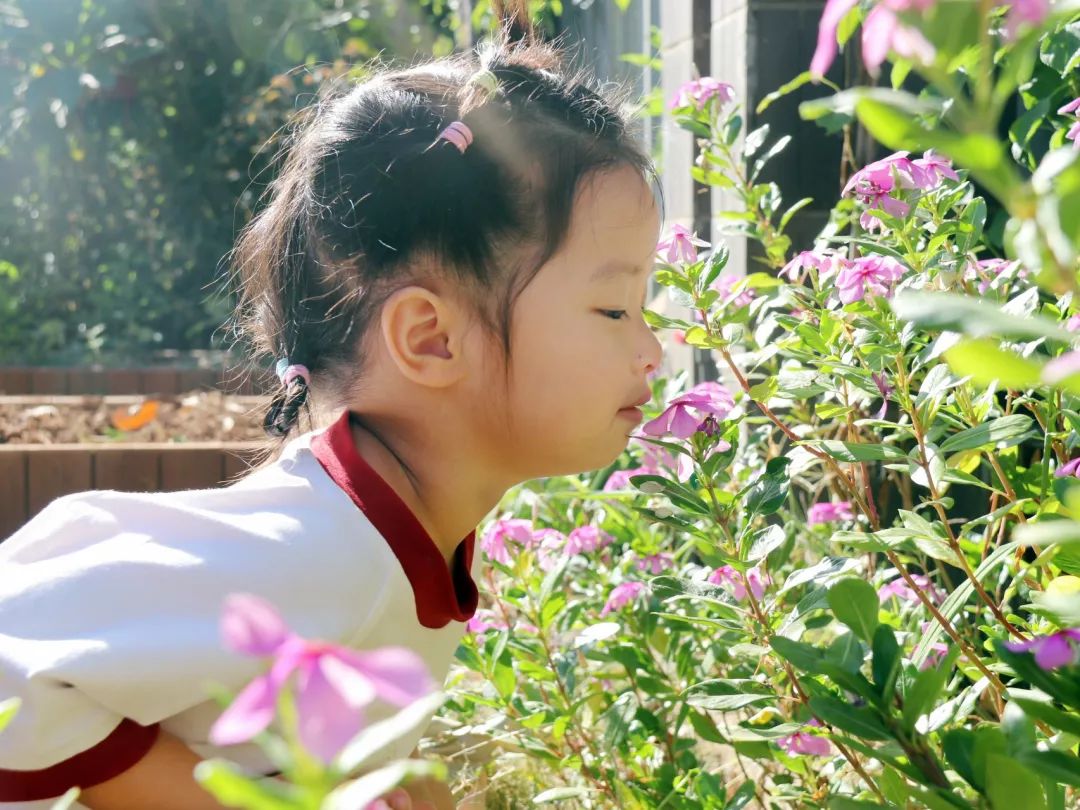
观察自然,探索自然。来到农场孩子们根据自己的兴趣选择想要观察的植物,你会发现小盆友们能找到各种各样的东西,不同种类的树叶、长相奇特的树枝、争奇斗艳的花草。
Observe and explore nature. When you come to the farm, children choose the plants they want to observe based on their own interests. You will find that children can find all kinds of things, different kinds of leaves, strange branches, flowers and plants.
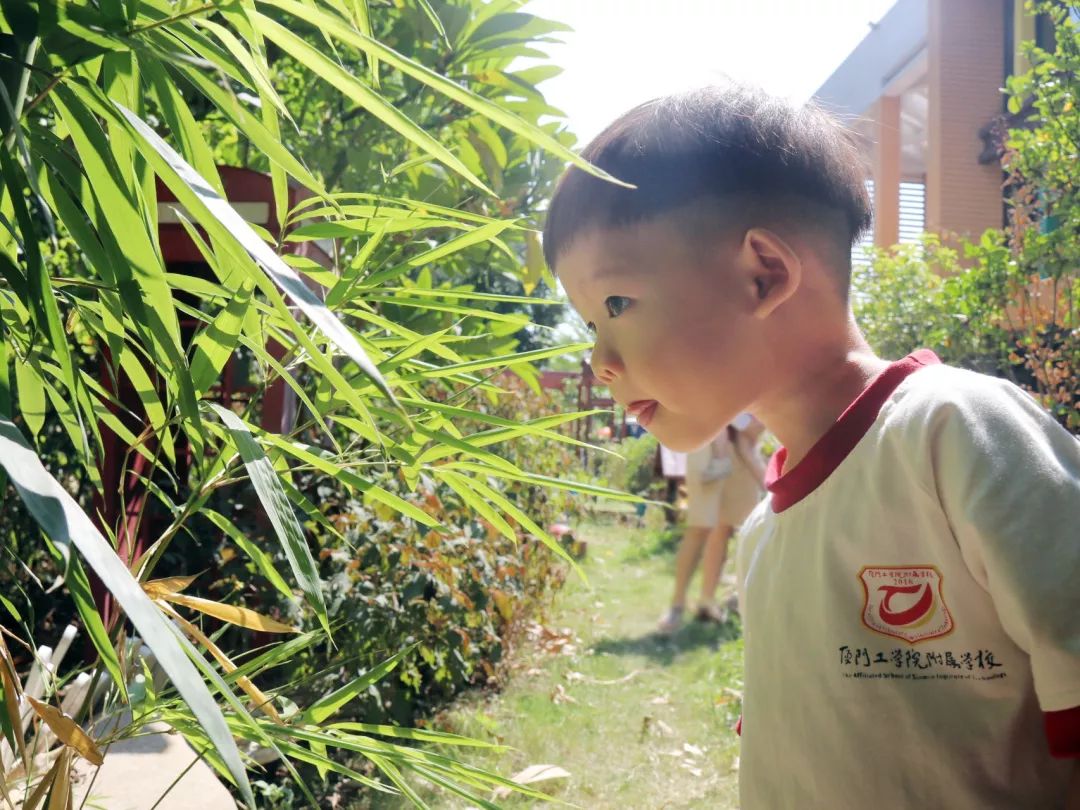
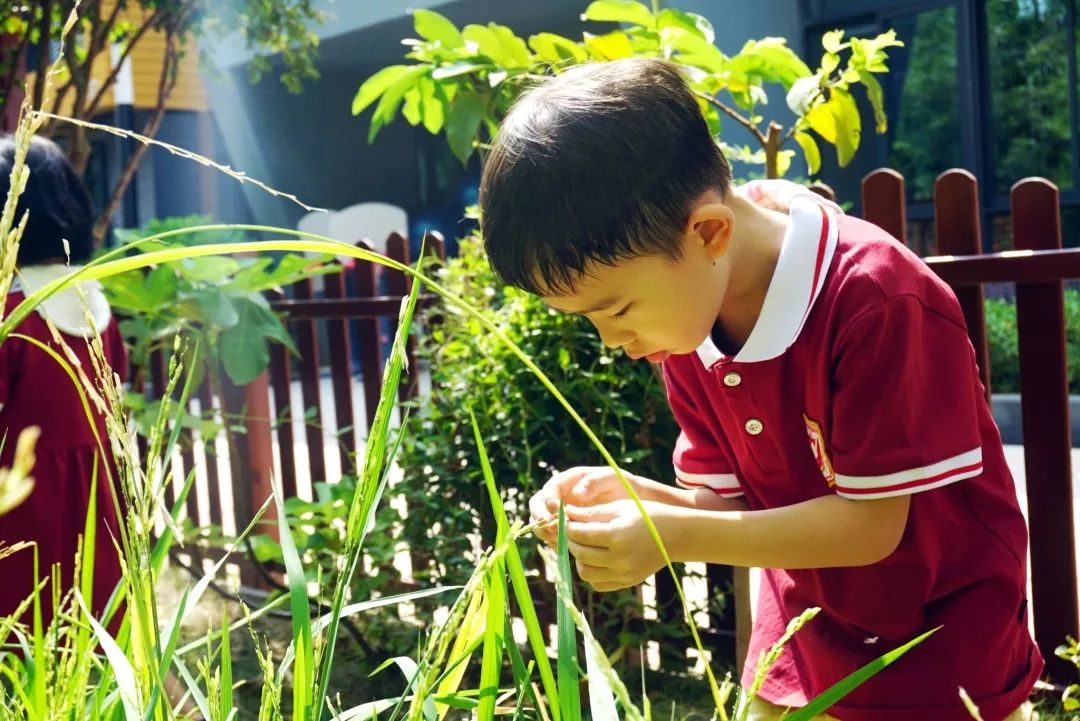
Explain 解释
孩子们的世界总有十万个为什么,经历探索后总会不禁发出疑问:大米是怎么来的?为什么水稻和大米长得不一样?这时候就需要老师们及时进行引导和解释。
After experiencing exploration, they will always ask questions. Where did rice come from? Why is rice and rice different? At this time, teachers need to guide and explain this.
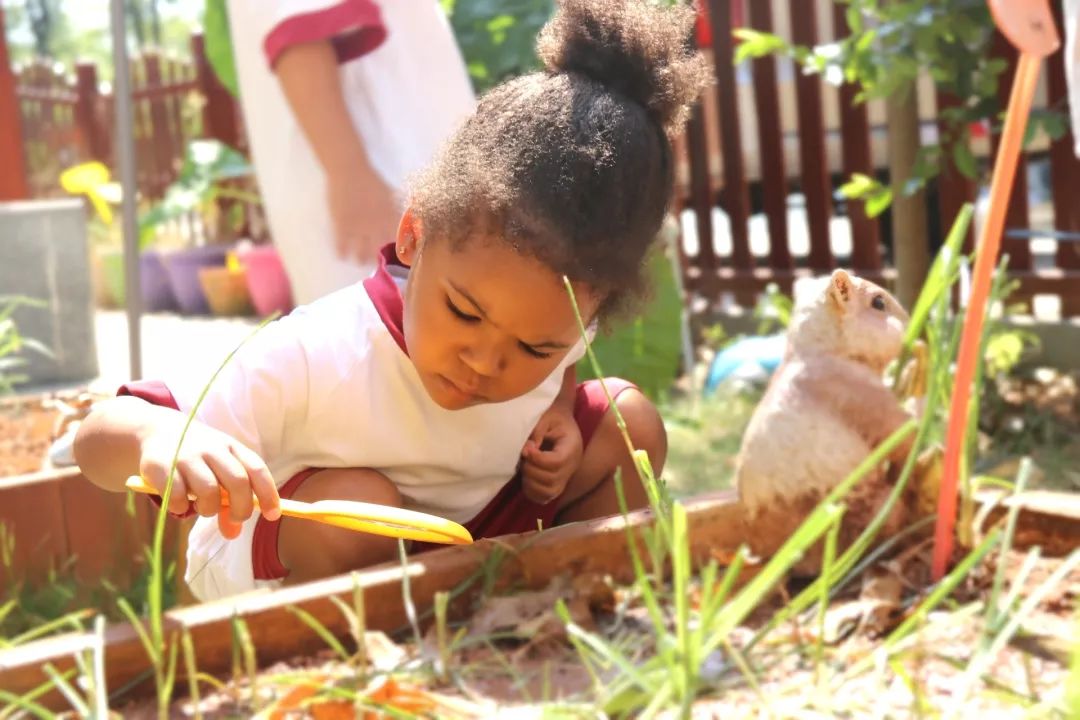
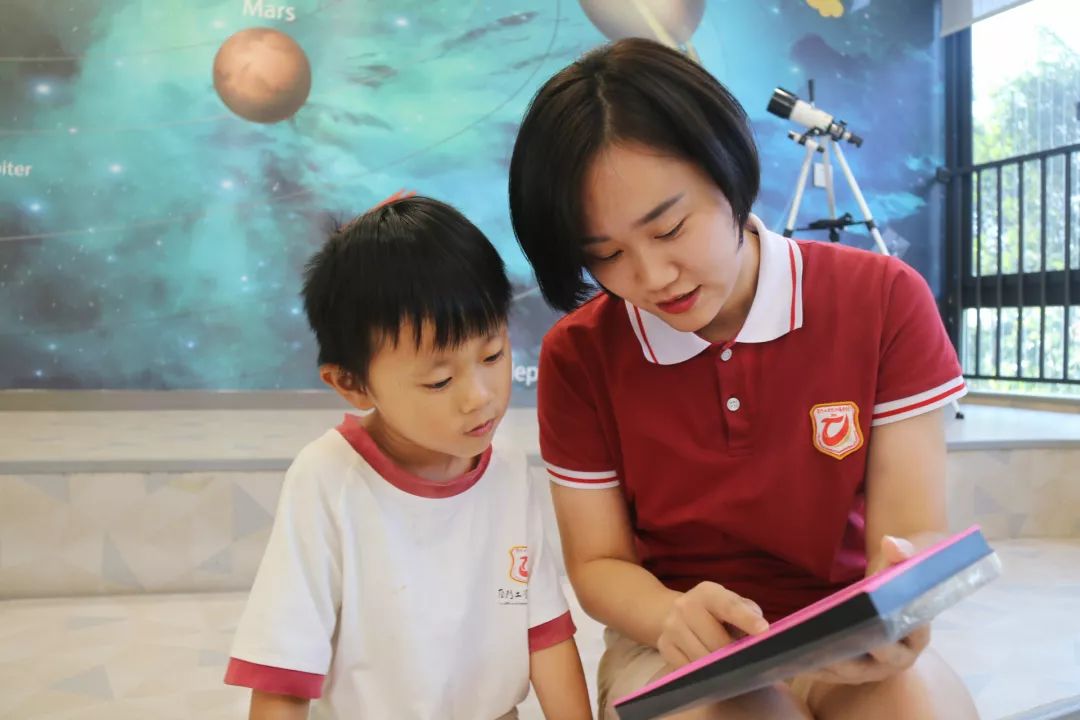
Elaborate 精心制作
保护孩子的好奇心,激发孩子的探索热情是自然教育中重要的一环。从种植到收获再到品尝自己的劳动果实,对孩子们来说也是极其珍贵的体验。
Protecting children's curiosity and stimulating children's enthusiasm for exploration is an important part of our nature education. From planting to harvesting to tasting their products, it is also an extremely precious experience for children.
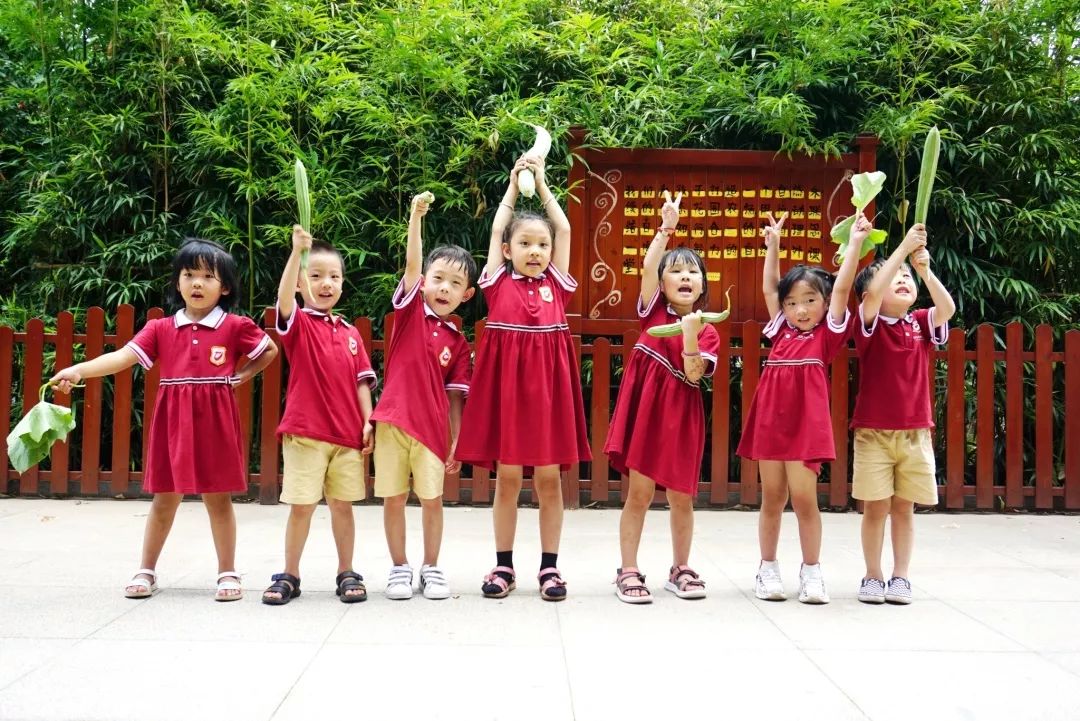
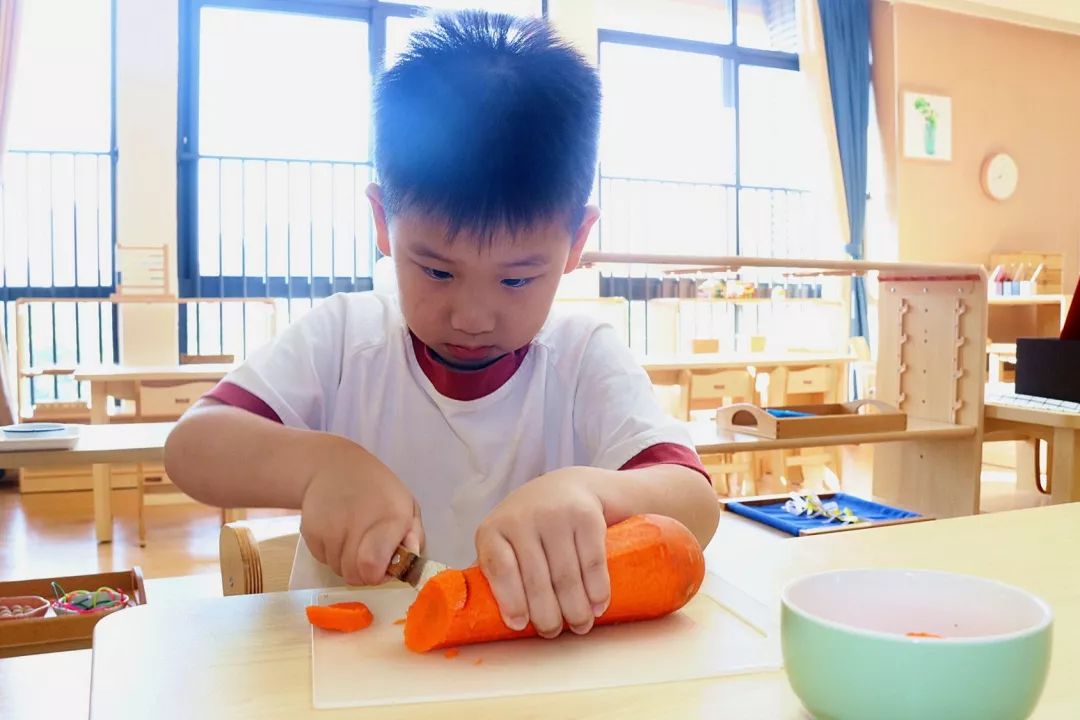
Evaluate 评价
通过一系列的学习,孩子们可以用不同的方式表达他们的自然感受和发现,说一说、画一画,做成植物标本,老师们也可以通过孩子们的呈现进行评价。
Through a series of learning, children can express their natural feelings and discoveries in different ways. Talking to others, drawing a picture, and making a plant specimen. Teachers can also evaluate the children's presentation.
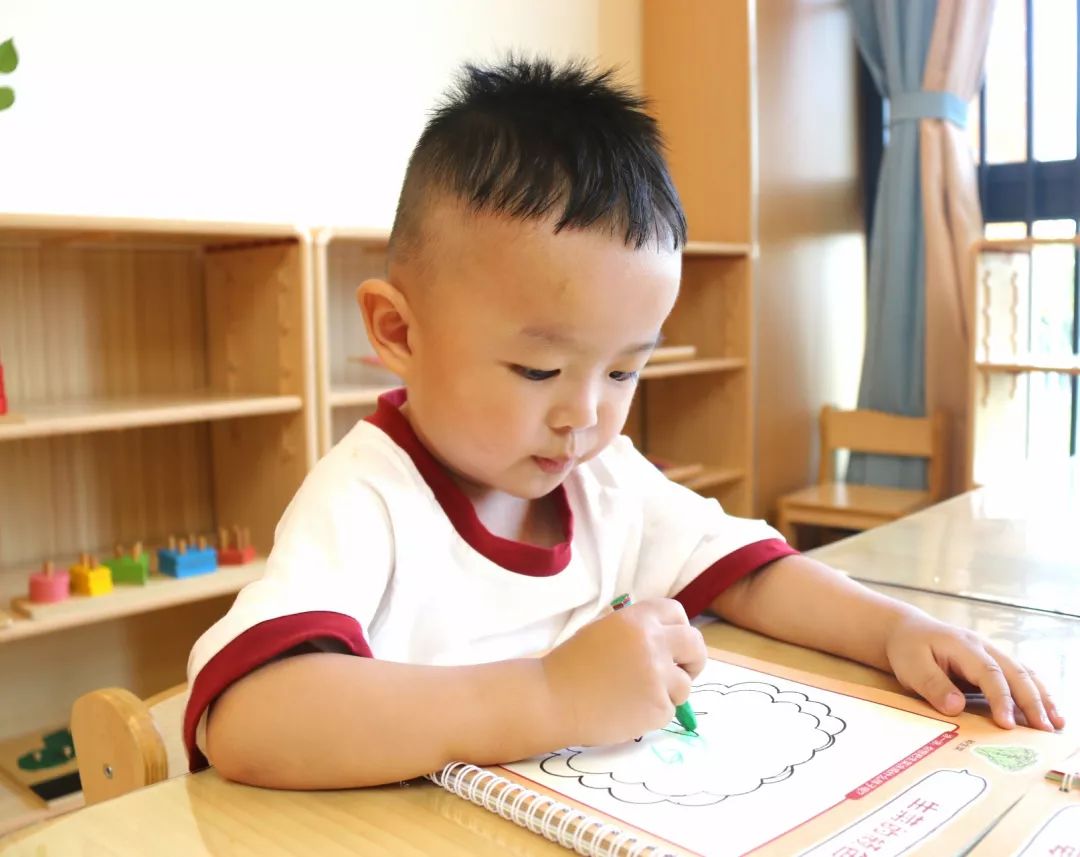
自然教育以自然体验为主要途径,“大自然的真实面貌,比起诗人所能描摹的境界,更要美上千百倍。”让孩子们走进自然,感受自然的美,探索自然的奥秘,领悟人与自然的亲密关系,这也是自然教育的意义所在。
Nature education takes natural experience as the main way. “The true face of nature is much more beautiful than the realm that poets can describe.” Let the children walk into nature, feel the beauty of nature, and explore the mysteries of nature. To understand the intimate relationship between man and nature, this is also the meaning of nature education.
 打印本文
打印本文 关闭窗口
关闭窗口